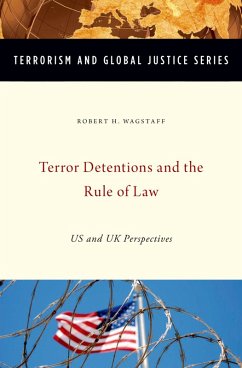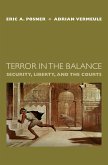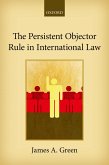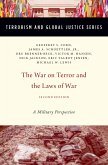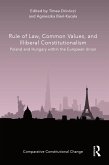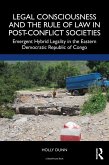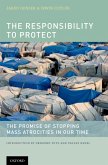After the 9/11 terrorist attacks, the United States and the United Kingdom detained suspected terrorists in a manner incompatible with the due process, fair trial, and equality requirements of the Rule of Law. The legality of the detentions was challenged and found wanting by the highest courts in the US and UK. The US courts approached these questions as matters within the law of war, whereas the UK courts examined them within a human rights criminal law context. In
Terror Detentions and the Rule of Law: US and UK Perspectives, Dr. Robert H. Wagstaff documents President George W. Bush's and Prime Minister Tony Blair's responses to 9/11, alleging that they failed to protect the human rights of individuals suspected of terrorist activity. The analytical focus is on the four US Supreme Court decisions involving detentions in Guantanamo Bay and four House of Lords decisions involving detentions that began in the Belmarsh Prison. These decisions are analyzed within the contexts of history, criminal law, constitutional law, human rights and international law, and various jurisprudential perspectives. In this book Dr. Wagstaff argues that time-tested criminal law is the normatively correct and most effective means for dealing with suspected terrorists. He also suggests that preventive, indefinite detention of terrorist suspects upon suspicion of wrongdoing contravenes the domestic and international Rule of Law, treaties and customary international law. As such, new legal paradigms for addressing terrorism are shown to be normatively invalid, illegal, unconstitutional, counter-productive, and in conflict with the Rule of Law.
Dieser Download kann aus rechtlichen Gründen nur mit Rechnungsadresse in A, B, BG, CY, CZ, D, DK, EW, E, FIN, F, GR, HR, H, IRL, I, LT, L, LR, M, NL, PL, P, R, S, SLO, SK ausgeliefert werden.

